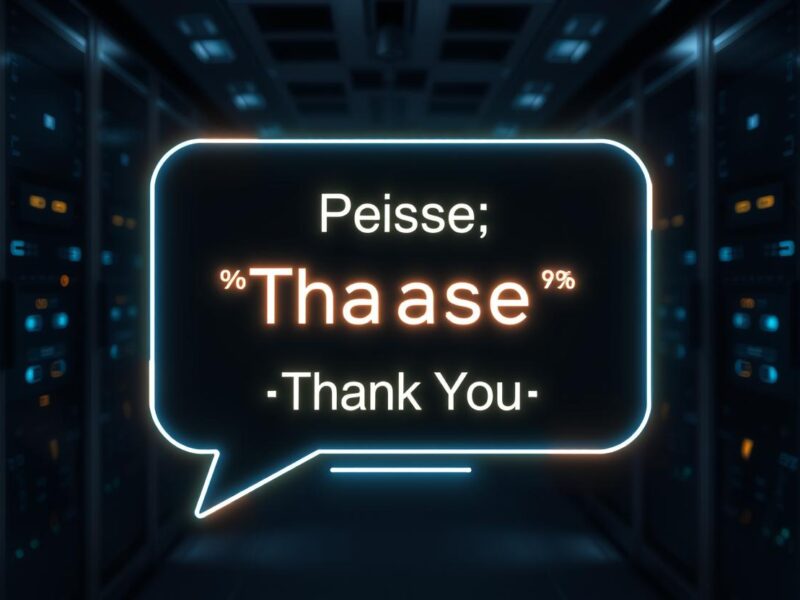In the rapidly evolving landscape of artificial intelligence, Deep Cogito has emerged with a provocative proposition: hybrid AI models that seamlessly switch between reasoning and non-reasoning modes. This innovation, while technically impressive, opens a Pandora’s box of ethical questions. 🧠
The ability of these models to ‘self-reflect’ before answering introduces a nuanced layer of AI behavior, mimicking human deliberation. Yet, this raises concerns about transparency and accountability. When an AI decides to engage its reasoning capabilities, who is responsible for the outcome? The developers, the users, or the AI itself?
Moreover, Deep Cogito’s ambition to build ‘general superintelligence’—AI that surpasses human capabilities—ignites debates on societal risks and control. The pursuit of such powerful AI, without established ethical frameworks, could lead to unforeseen consequences. The company’s rapid development timeline, boasting models created in just 75 days, further exacerbates fears of prioritizing speed over safety.
The hybrid models’ performance, reportedly outperforming competitors like Meta and DeepSeek, underscores the potential benefits. However, the ethical implications of deploying such advanced AI without comprehensive oversight cannot be overlooked. As we stand on the brink of this new era, the question remains: Are we ready to navigate the ethical labyrinth that hybrid AI presents?


